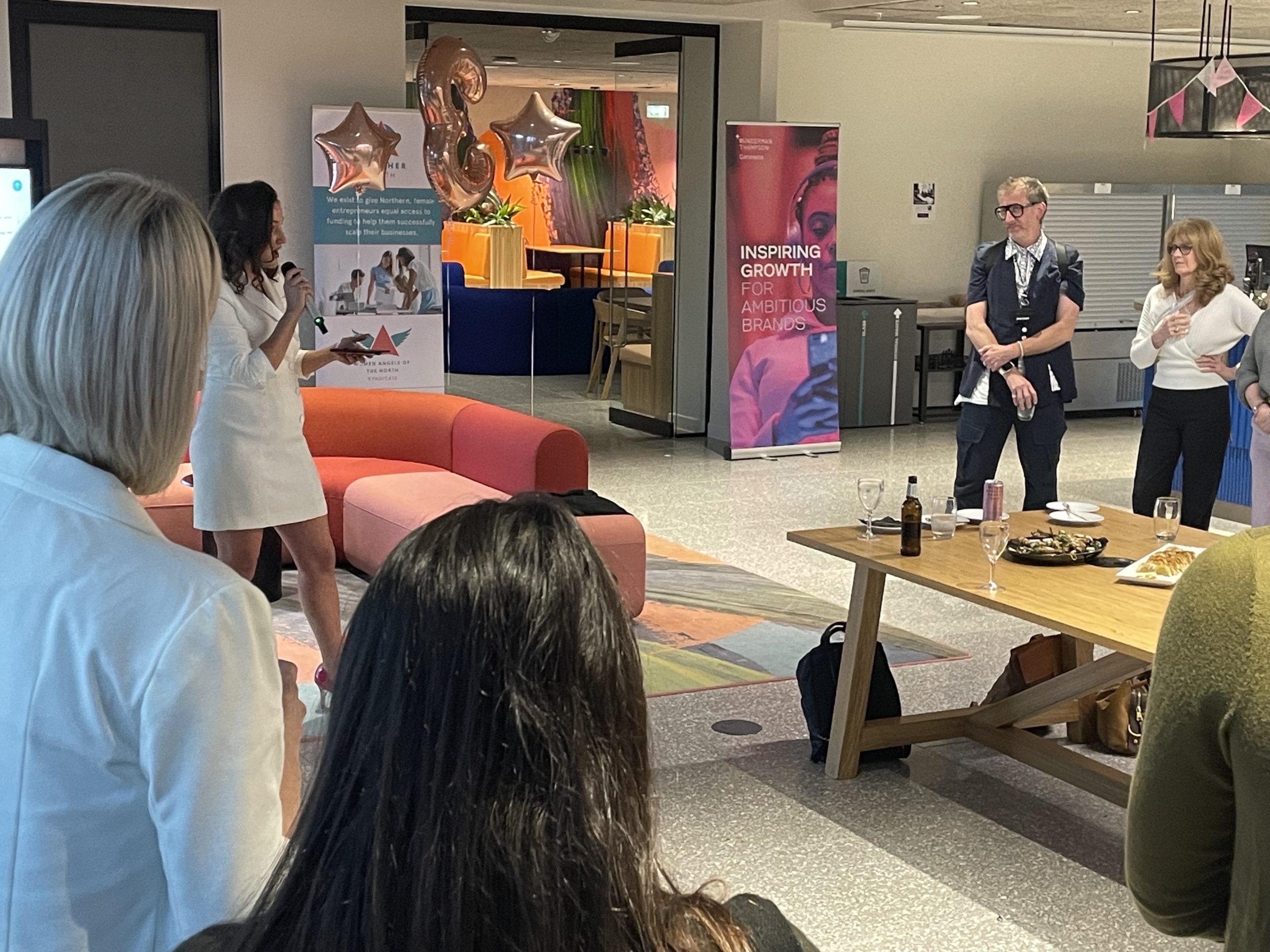Are cognitive biases killing innovation?
FADE IN.
It’s late in the evening, and you’re sitting around the dinner table… the wine is still flowing and everyone is doing the obligatory ‘nibble at all the leftovers on the table until there’s only crumbs left’ (You were hoping to have that last slice of cheesecake, once everyone had left).
So, you’re wined and dined and the conversation is turning to those two avoid-at-all-costs dinner party topics: politics and religion.
All it takes is one differing opinion on even the tiniest of matters and the room erupts into lively conversation. That is, until one off-hand comment changes the tone – someone vigorously disagrees, another finds it offensive, it’s all a bit too close to home for others and some are just finding it all downright hilarious. The night ends with subdued ‘thank you’s’ and curt ‘goodbye’s’…
FADE OUT.
Sound at all familiar?
It’s not fun, which is a bit of a problem. Of course, everyone is entitled to their own opinions. The problem – as seen in the dinner party scenario – lies in our cognitive biases. The ones which shape our own belief systems, perceptions, opinions and decision making.
The second problem comes from the complex combination of different cognitive biases mixed into a group setting.
The third problem is probably alcohol related (losing your inhibitions and all that!) but that’s beside the point.
So, what’s all this got to do with inhibiting innovation? And why does it matter?
Problem #1 = Cognitive biases. You’ve probably already guessed it, but they affect our creativity and imagination, which means they affect our ability to innovate and be entrepreneurial.
Problem #2 = We all know that creativity feeds off collaboration. In group settings we can bounce ideas off each other, create new ones or veto unhelpful ones.
In groups our biases often become amplified.
Which is where the real problems start: if someone’s ideas are constantly getting knocked down during a meeting, they might stop bothering. Equally, if one person’s ideas are always praised, supported or even put on a pedestal, they’ll command the room every time.
It’s these dividers that hinder innovation. We need ‘meetings’ where everyone feels heard and valued – we need to focus on inclusion and the diversity of thoughts (and biases) which come with that.
The one where we avoid the big tasks
AKA Triviality Bias
The big issues that need solving are, well, just too big. Overwhelming. Complicated. Time-consuming.
So, as a group, we focus on smaller trivial issues e.g. How can we make our water cooler more sustainable? Rather than – how can we achieve carbon zero without compromising the quality of our product?
We praise ourselves for solving the small water cooler issue, but that won’t help our ultimate business goals.
Yes, small actions are positive – especially if they spark more ideas and innovations. But if all that time spent on the water cooler ‘problem’ is the sum of our efforts, we seriously need to rethink our approach!
The one where a single idea snow-balls
AKA Anchoring
The boss is rethinking the USPs for our tech offerings… something that’s in line with current customer trends: conscious consumerism and sustainability.
Of course, sustainability reaches right through the supply chain. We know how to tackle that, but what’s the new product?
A waterproof laptop.
Fab idea Jerry.
Everyone agrees.
Which leads a few more people to pitch ideas around the same theme: fully waterproof tech. We’re talking about mobile phones, power banks, headphones… Great.
But on your way home, it all starts to sound a bit naff, doesn’t it?
And on second thoughts, it’s a truly terrible idea.
Anchoring bias is at play here. Everybody anchors their ideas to the first one presented / the first one greeted with approval. The problem of course, is that every other suggestion is based on that first one – no one tries to come up with anything new.
Which leaves us with a waterproof laptop concept. Hmm.
There’s no bank of ideas, no hypotheses to test, no creative alternatives… Where’s the innovation in that?







